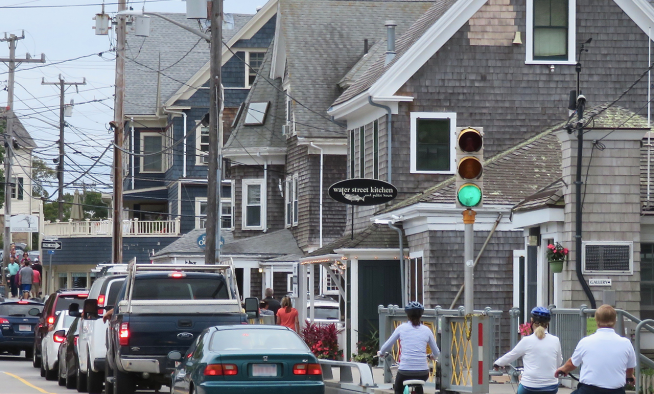Facilitating appropriate housing development
Cape Cod’s housing crisis requires bold action to implement creative and collaborative solutions. One approach being explored is the creation of a housing land bank and community land trust to help address the region’s housing needs.
A land bank is a public authority or nonprofit organization designed to acquire, manage, and redevelop property to meet specific community goals, such as stabilizing property values or promoting the development of affordable housing. While they share similarities with redevelopment authorities, land banks often have more flexibility and a longer-term outlook for the properties they manage and they lack powers like eminent domain.
A community land trust (CLT) is a nonprofit organization that holds land in perpetuity for community benefits, often focusing on affordable housing or conservation. Here on Cape Cod, there are many land trusts working in conservation; however, through the Regional Housing Strategy planning process, CLTs were identified as a potentially important tool in addressing the region’s growing housing crisis, as well.
The idea of establishing a housing land bank and community land trust is being pursued in response to both stakeholder feedback and research conducted as part of the Regional Housing Strategy. Stakeholders expressed the need for entities that can move swiftly when suitable properties become available, helping to ensure that housing development and redevelopment occurs in appropriate locations across the region.
To further explore and develop a framework for potential creation of these entities on Cape Cod, the Commission hired a team of consultants, including Outwith Studio, Utile, FMRA (non-profit/public entity organizational consultants), and an independent land bank consultant from Cuyahoga. The team is tasked with developing recommendations for a housing land bank and CLT that can efficiently and effectively help to address regional housing challenges.
Land banks and CLTs have been successful in other regions. In the Twin Cities area in Minnesota, Land Bank Twin Cities was originally founded to address the foreclosure crisis but has now pivoted to focusing on affordable housing in what has become an increasingly competitive real estate market. More locally, the Champlain Housing Trust, originally founded as the Burlington Land Trust in 1984, now serves three counties in northern Vermont and owns more than 3,000 properties of varying kinds of housing including ownership, rental, and housing cooperatives.
In October, the Commission and consulting team held a public workshop to gather input on the vision and goals of these potential new entities and discuss how they might interact with municipalities and existing organizations, conservation, and housing efforts. A second public meeting to elicit feedback will be held on Wednesday, November 13th at 5:30 PM in the Multi-purpose Room at the Sandwich Center for Active Living, 70 Quaker Meetinghouse Road, Sandwich, MA.
Stakeholder engagement and project development will continue through the end of the year, with a framework and recommendations expected in early 2025.
Related Posts




